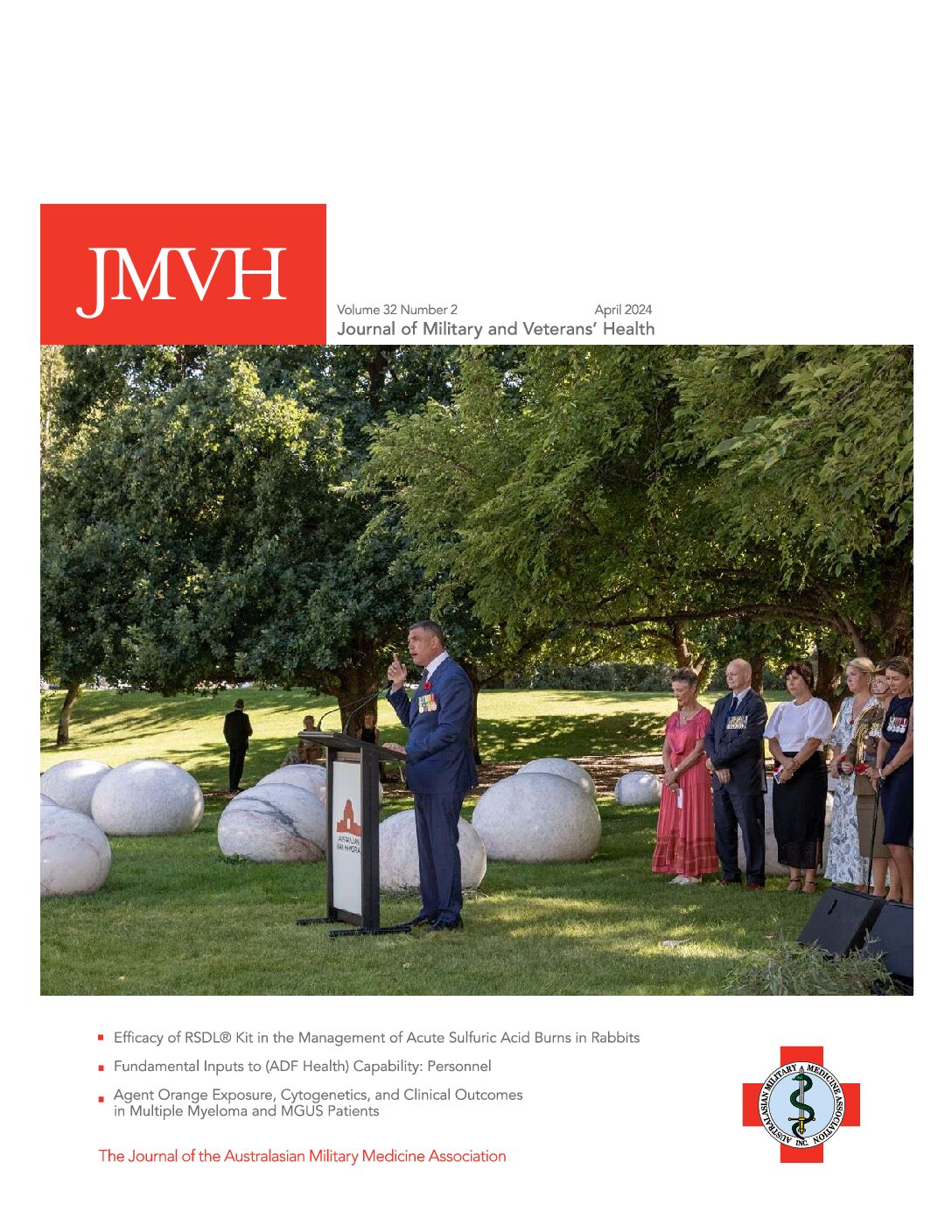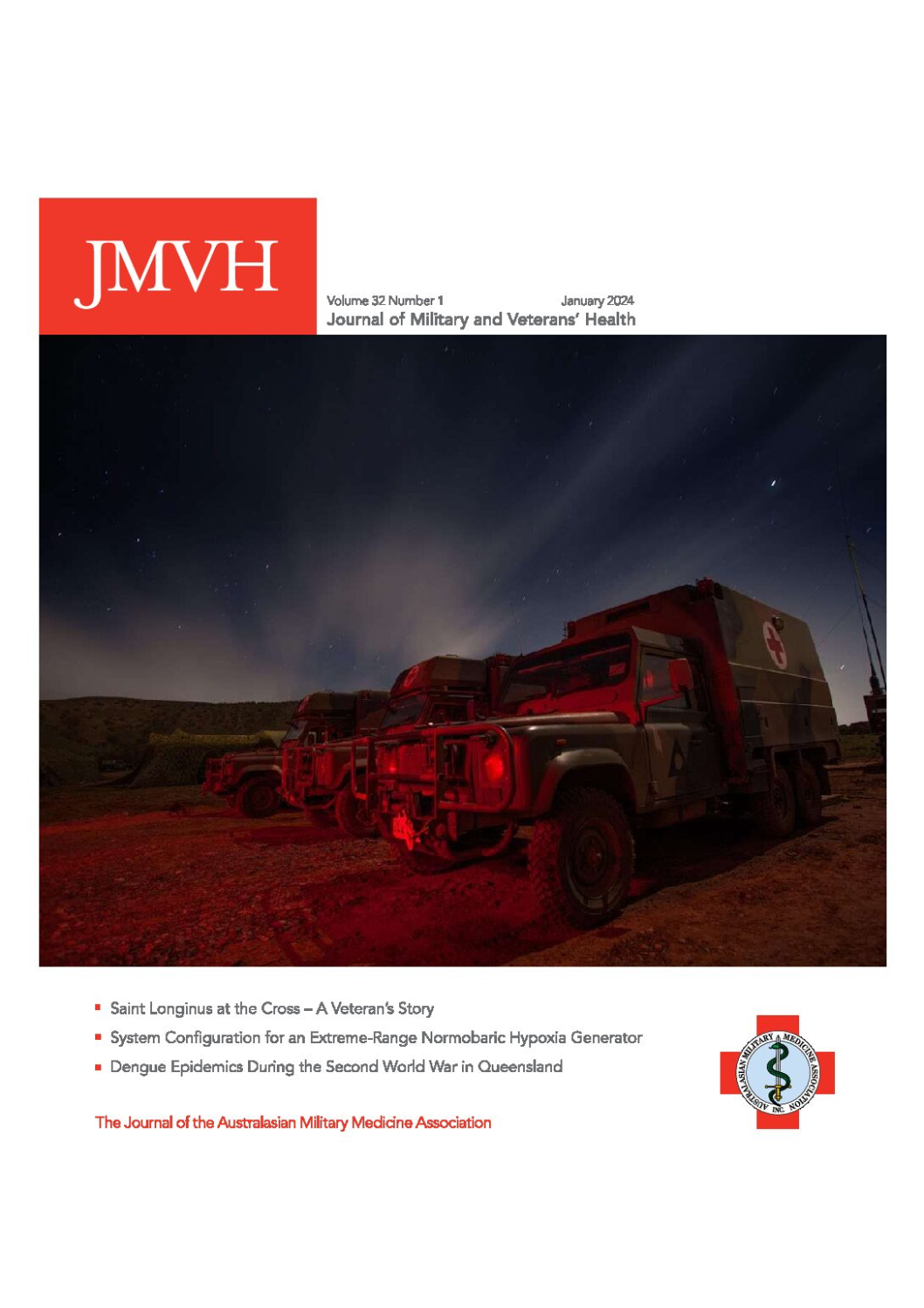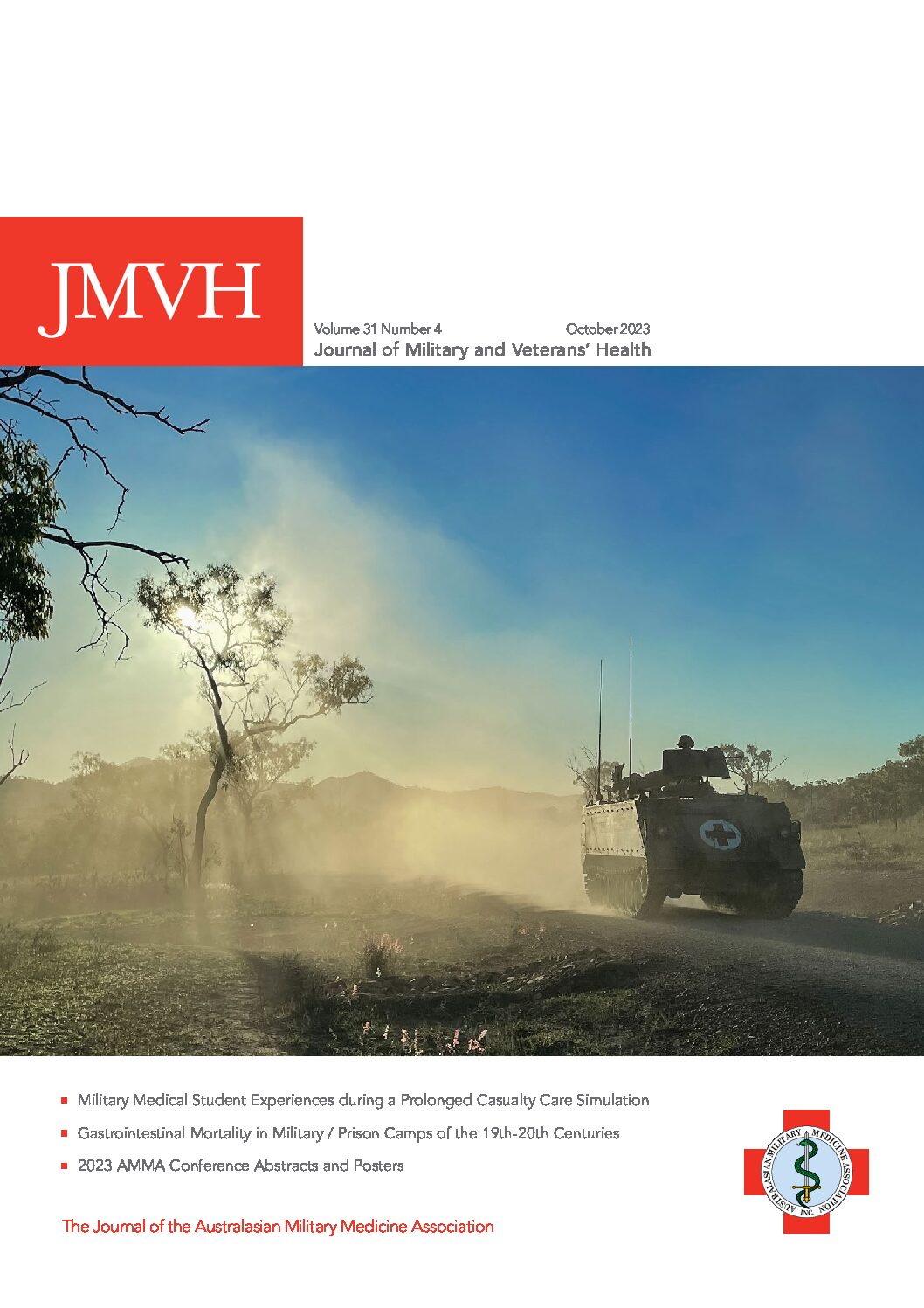A large preoccupation of junior medical officers in the military is to think about our return of service obligation and the decision on whether or not we will choose to stay beyond it. One of the most significant retaining factors will be whether or not we see ourselves enjoying the work that comes with the standard medical officer career progression structure. Given the fact that the majority of all medical school graduates will follow a career in clinical medicine1, how can we expect our junior medical officers to be satisfied with a career progression plan that would force us all into medical administration and management positions?
As a junior medical officer at RAAF Base Tindal, I am juggling general practice training requirements with the daily workload of sick parades, appointments, health assessments and Medical Employment Classification reviews. My current focus is on extending my clinical skills and knowledge, with a view to gaining my Fellowship of General Practice and therefore becoming a more proficient and effective ADF doctor, though perhaps if I want a career as a RAAF Medical Officer I should not bother. Skills required by senior RAAF Medical Officers include financial, operational and personnel management skills, because promotions to Senior Medical Officer, Officer in Charge and eventually Commanding Officer gradually increase administrative responsibilities while decreasing clinical contact time.
Most doctors who join the ADF would not want to become administrators. The most recent report by the Australian Institute of Health and Welfare on the medical labour force in 2005 shows that the percentage of all doctors in an ‘administrative’ employment category was only 2.2%, down from 2.4% in 20011. With a high proportion of doctors entering the ADF through undergraduate schemes, we cannot expect that medical students at recruitment have already decided that they would like an administrative career. Recruiting websites for doctors in all the Australian Defence Forces use the lure of dramatic clinical scenarios with the promise of a variety of training and specialisation
options 2-4but do make mention of administrative work as an option. Therefore we could reasonably predict that the population of medical students recruited would follow at least similar patterns to the rest of the doctor population in the 2005 survey and choose not to follow a career in medical administration.
There is nothing to suggest that a career in uniform is by its nature objectionable to doctors. While there are many musterings and categories understaffed, for many people a career in uniform is highly desirable and it would be safe to assume that many doctors who were satisfied with their career plan would choose to stay. There are many reasons why doctors do choose to leave, although it is too simplistic to argue that it is primarily because of a single factor, for instance because they are underpaid compared to their civilian counterparts. A 2002 survey of 4259 Australian medical graduates in vocational training showed that only 16.4% of them considered financial reward as an influential factor in their career choice5.
Clearly the clinical work in the ADF can be seen as desirable by many. Contracted Health Practitioners (CHPs) appear to be ready to fill vacancies in clinical positions, albeit often at a high price. In fact many CHP positions seem to be filled by prior full time ADF personnel who were obviously happy to work with the ADF in clinical roles, although they found that they could only gain satisfaction by doing the job out of uniform. Given the evidence that most doctors would choose clinical work over administrative work, that most doctors do not consider income as their primary driver for career choice and that there is nothing inherently disagreeable about being a military doctor, we should realise that in order to encourage retention a firststep would be the need to provide desirable career progression options.
Medical officers would benefit from having some flexibility in their career progression options. Clearly, medical officers are a heterogeneous group of professionals who find satisfaction in various pursuits, mostly clinical, though for many there is the desire to pursue academic and research interests. The institutes of Aviation Medicine and the Army Malaria Institute offer, for a limited few, promises of academic medicine, although eventually it seems most doctors in those institutes end up becoming administrators of the units anyway. There will be a small percentage (say around 2.2%1) who will choose to become senior administrating officers, happy to take on the role of Commanding Officer of a unit or wing, although overall most doctors clearly want to preserve the hours of clinical contact, that is, most doctors want to stay doctors.
A career progression plan that allowed individuals to stream into clinical positions or administrative positions while continuing to obtain promotion and pay increases would be very appealing. Theoretically, this should lead to an increase in the retention of both personnel and institutional knowledge, with experienced doctors providing effective information both up the chain and able to pass down their skills to new junior medical officers. A similar system is reportedly in place in Britain, with the Royal Air Force encouraging sub-specialisation training and career progression in hospital settings for its full time doctors6, although they continue to have recruitment and retention issues for what is likely to be a multitude of reasons.
When we recognise that most doctors will not want to lead a unit or a wing administratively, then we need to look for other career groups to fill the position, for instance the Royal Air Force has a dedicated ‘Medical Support Officer’ position7, similar to the ‘Medical Corps Officer’ in the Australian Army8. Nursing Officers will often be promoted into command positions as it is clear that you do not need to have a medical degree in order to make most of the day-to-day decisions in running a unit. A streamed career structure for administrative officers, nursing officers, or any other category that can be groomed for running a health unit may be the most suitable alternative to medical officers.
If retention of senior doctors is to be a priority for the defence force of tomorrow, then we need to put into place systems and structures that have the potential to provide career satisfaction for uniformed medical officers. Once it is recognised that most doctors do not want to become administrators, we may be able to shape future health units where it is the doctors who provide excellence in clinical care, and it is the administrators who provide excellence in operational, financial and human resource management.






